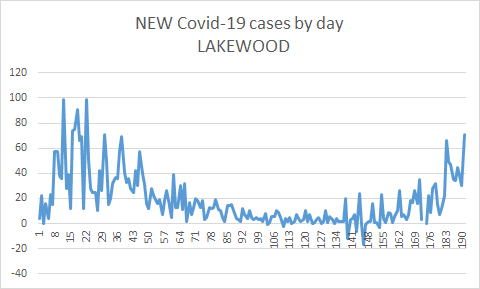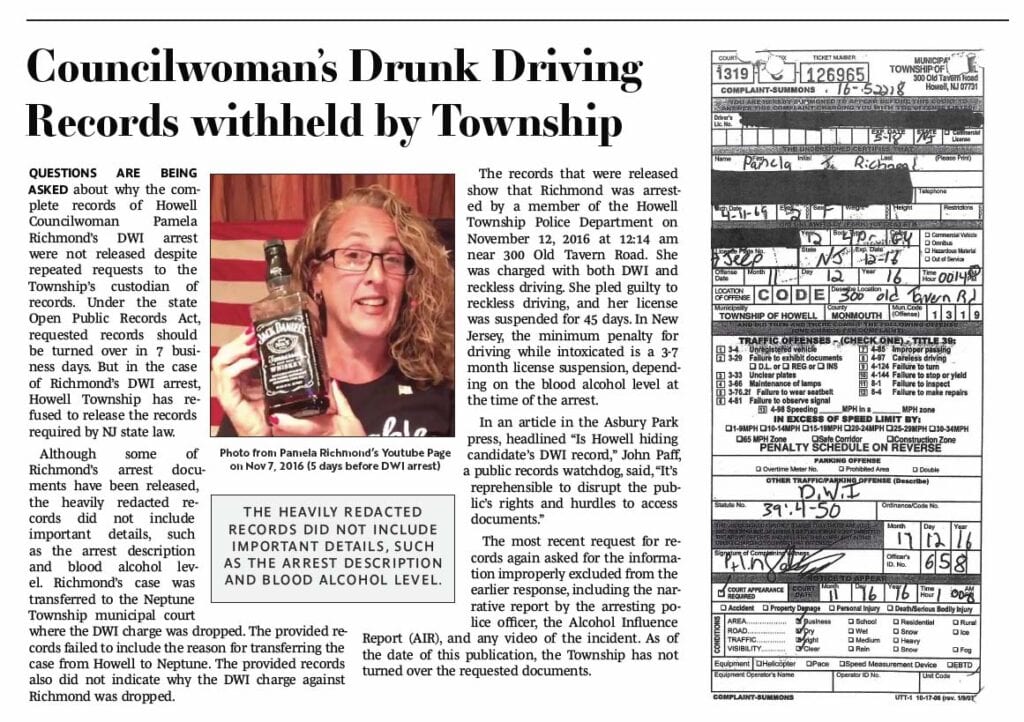JACKSON TOWNSHIP, NJ – It was a banner year for Holbrook Little League of Jackson in 2019. The 12-year-old Little League All-Star team had won the state championship and the Mid-Atlantic championship and were heading to Williamsport to play in front of the entire world. From the outside, things were going great. On the inside, some league officers began noticing the league’s financial dire straits did not add up. The league was behind on paying vendors and the profit and loss sheets weren’t making sense. Things in the league came to a head when parents from the Williamsport bound team also started seeing financial discrepancies.
Tens of thousands of dollars were raised to help families fund the travel expenses to go to Williamsport, but those families didn’t receive that money. That’s when several league officials and parents of the league went to the Ocean County Prosecutor’s Office after getting the run around from Board President Anthony DelVecchio and John Lehman. An investigation by Ocean County Prosecutor Joseph Coronato found that Lehman and Del Vecchio had been skimming money from the program which hosts boys baseball and girls softball programs.
Over $200,000 had been stolen by the pair, according to the authorities.
Today, Ocean County Prosecutor Bradley D. Billhimer announced that John Lehman, 57, of Jackson, was sentenced by the Honorable Rochelle Gizinski, J.S.C., to a term of one-year non-custodial probation, 100 hours of community service, and restitution in the amount of $63,085.41 payable to the Holbrook Little League as a result of his previously entered guilty plea to Theft by Unlawful Taking in violation of N.J.S.A. 2C:20-3a. Lehman and his co-defendant, Anthony Del Vecchio, pled guilty to the charge before Judge Gizinski on December 2, 2019. Lehman made full restitution at the time of his sentencing.
Del Vecchio was similarly sentenced by Judge Gizinski on January 24, 2020 to two years non-custodial probation, 100 of community service, and restitution in the amount of $63,085.41. He likewise made full restitution at the time of his sentencing. The plea agreements as to both defendants were entered into with the advice, consent, and approval of the Holbrook Little League Executive Board.
On November 27, 2017, the Ocean County Prosecutor’s Office received information detailing the theft of funds from the Holbrook Little League and perpetrated by then-League President Del Vecchio. Subsequent investigation revealed that Del Vecchio and then-Treasurer Lehman had converted more than $126,000 of the League’s funds for their personal benefit. Del Vecchio and Lehman were the only signatories on the account and both signatures were required on all checks.
Prosecutor Billhimer would like to acknowledge the diligent efforts of Assistant Prosecutor Christopher Heisler who handled this case on behalf of the State. Prosecutor Billhimer would also like to recognize the excellent work of the Ocean County Prosecutor’s Office Economic Crime Squad and High Tech Crime Unit. “Del Vecchio – and now Lehman – have both been made to answer for their betrayal of the faith and trust placed in them by the families that comprise the Holbrook Little League. The League has been made whole by the repayment of monies stolen, and hopefully the League will continue to grow and recover from this dark period, but these two individuals will be branded as thieves for the rest of their lives, and deservedly so,” Prosecutor Billhimer stated.



